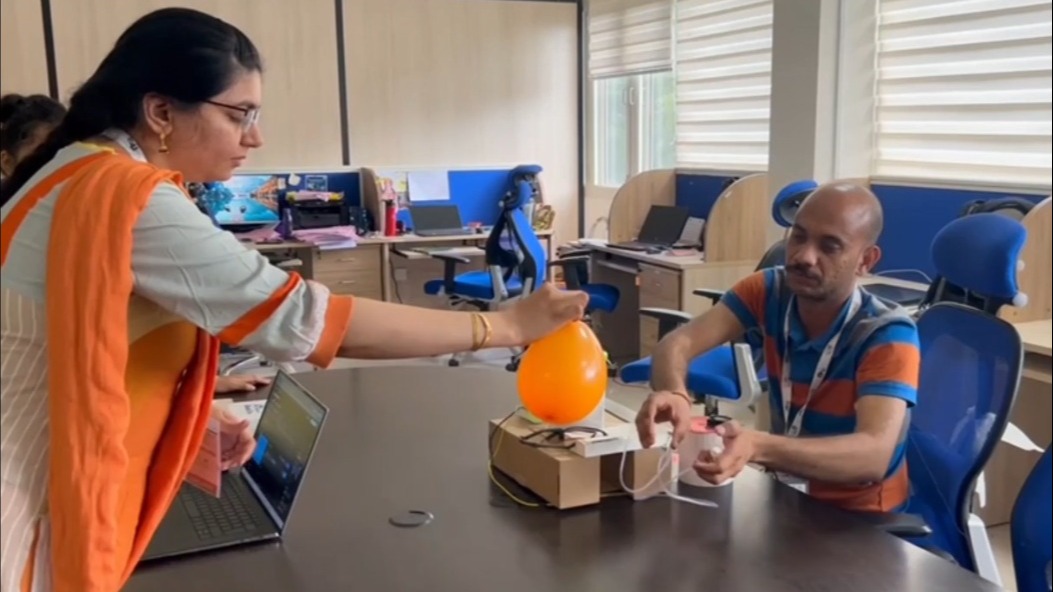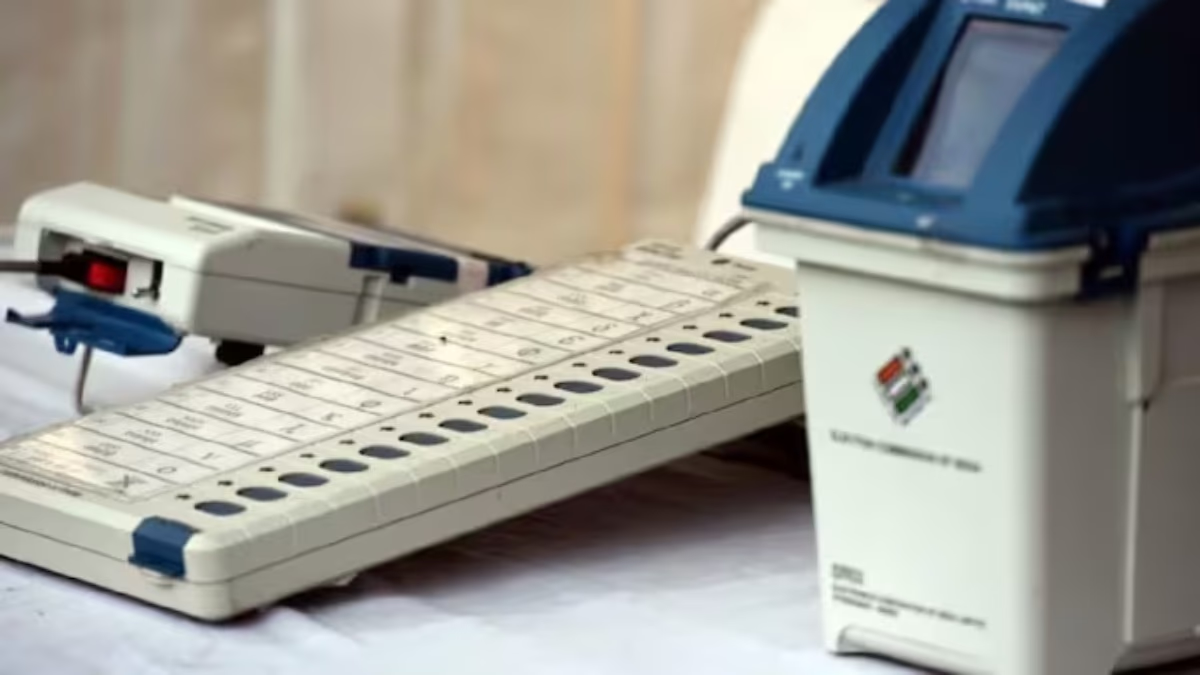In the near future, checking for sugar levels will no longer require blood samples. Researchers at IIT Mandi have developed a device that enables sugar level detection via a breath sample blown into a balloon. The outcomes from the device's trials have been promising so far. This device is called a non-invasive glucometer. According to the researchers, a person usually learns about their sugar levels through blood tests, but with this device, they can gain this information without any blood sample.
The research team includes Senior Project Scientist Dr. Ritu Khosla, lead researcher Dr. Varun, along with students Ritik Sharma, Yashwant Rana, Swati Sharma, Vedant Rastogi, and Shivani Sharma. Scientist Ritu Khosla mentioned that the device includes multiple sensors capable of detecting blood sugar levels. The device, connected to a mobile app, inputs data such as blood pressure, blood oxygen levels, gender, and name. The sensors then identify a person's blood sugar levels and provide information on the amount of sugar in the blood.
492 respiratory samples from AIIMS Bilaspur patients were collected
Ritu Khosla points out that in mountainous regions like Himachal Pradesh, where medical facilities are scarce, this device could prove incredibly effective. Though not developed under special medical advice, the device is currently yielding better results. To test its efficacy, 492 breath samples were collected from patients at AIIMS Bilaspur, showing favorable outcomes from the device.
Senior Project Scientist Ritu Khosla claims the device's results have a mere 1% margin of error, compared to a 5% likelihood of inaccurate results from traditional glucometers. Having sampled over 560 people so far, she notes that due to its multi-sensor capabilities, the device could be made available for around 16,000 INR, making it accessible to a wider audience in the future.
Could it also predict heart attacks?
The device employs 8 to 10 sensors to deliver accurate results. Researchers are currently collecting more data to improve future outcomes and attempting to make the device more compact. In collaboration with AIIMS Bilaspur, additional samples are being collected to potentially identify other serious conditions such as heart attacks with the addition of more sensors. Ongoing research on these sensors could mean that heart attacks could also be foreseen in advance.




